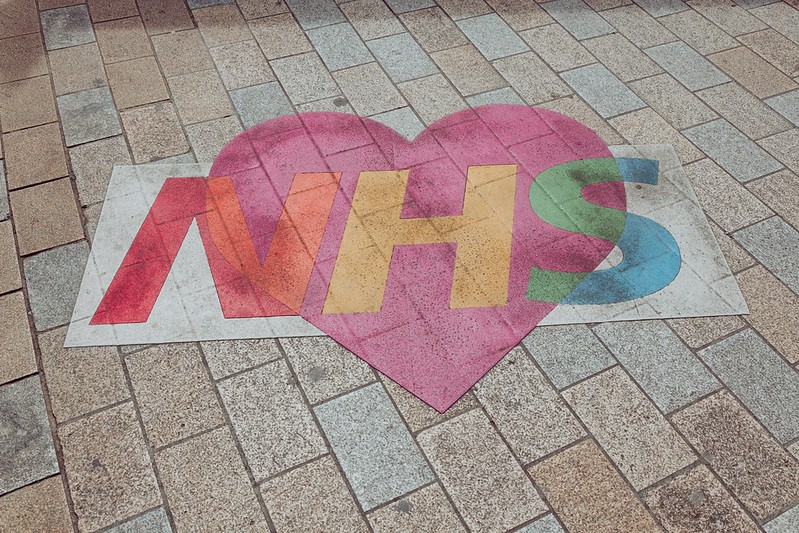
The UKHSA and MHRA are advising the public to immediately stop using specific non-sterile alcohol-free wipes due to contamination risks that could lead to infection. These products are
unsuitable for treating injuries, wounds, broken skin, or for cleaning intravenous (IV) lines.
Products Affected:
- ValueAid Alcohol Free Cleansing Wipes
- Microsafe Moist Wipe Alcohol Free
- Steroplast Sterowipe Alcohol Free Cleansing Wipes
- Reliwipe Alcohol Free Cleansing Wipes (contaminated with a different strain of bacteria)
An investigation into an outbreak revealed that some of these wipes were contaminated with Burkholderia stabilis, a type of bacteria found in natural environments. While the risk to the general public is considered low, people with weakened immune systems, cystic fibrosis, or those with IV lines at home face a higher risk of infection.
Important Public Advice:
- Do not use the affected wipes. Dispose of them in household waste.
- Non-sterile alcohol-free wipes should never be used on wounds, broken skin, or IV lines.
- Always use wipes labeled ‘sterile’ for skin cleansing on cuts, grazes, or around IV lines.
- Ensure first aid kits contain only in-date, sterile wipes with intact packaging.
- If managing an IV line at home, follow your medical team’s instructions regarding cleaning and maintenance.
- Individuals with cystic fibrosis or home IV lines who have concerns should contact their healthcare team.
Symptoms to Watch For:
You do not need medical attention if you’ve used these wipes unless you develop signs of infection such as:
-Redness, swelling, pain, warmth, pus, or drainage from a wound
- Redness, swelling, or pain around an IV line site
- Fever or chills (potential signs of systemic infection)
Background on Burkholderia stabilis:
This bacterium rarely causes infections in healthy individuals but can pose a serious risk to immunocompromised people or those with existing health conditions. From 2018 to 2025, there have been 51 confirmed cases of infection linked to Burkholderia stabilis in the UK. While no deaths have been reported, some patients required hospital treatment. There is no evidence of person-to-person transmission.
Actions Taken:
UKHSA, MHRA, NHS, and partners are:
- Working with manufacturers and distributors to halt the sale and supply of the affected wipes.
- Issuing safety alerts to healthcare professionals.
- Reinforcing infection prevention guidelines to prevent further cases.
Dr James Elston, Consultant in Epidemiology and Public Health at UKHSA, said:
“While the overall risk to the public remains very low, a number of non-sterile alcohol-free wipe products have been linked to an outbreak of Burkholderia stabilis. It is important these types of wipes are not used for the treatment of injuries, wounds, or broken skin, and that they are not used to clean intravenous lines.
UKHSA uncovered the link to this outbreak through testing of wipes used by patients and worked quickly to notify health professionals through a patient safety alert, reinforcing existing infection prevention and control guidance.
When treating cuts and grazes, it is important to follow NHS advice”.
Dr Alison Cave, MHRA Chief Safety Officer, said:
“We consider wipes which are intended for a medical purpose to be medicines. These products do not have a medicines authorisation, and we are taking appropriate action to ensure compliance with the requirements of the applicable legislation governed by MHRA.
If you have these wipes at home or in a first aid kit, please check the label and only use wipes marked as ‘sterile’ on broken skin. Healthcare professionals are advised to follow instructions and information provided in the national patient safety alert from UKHSA.
Anyone who has used alcohol-free wipes and has concerns about potential infection is advised to speak with a healthcare professional”.









































